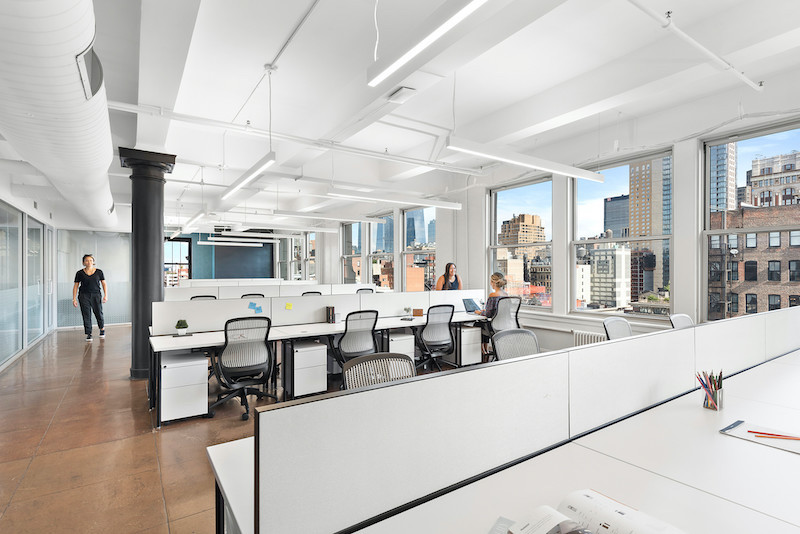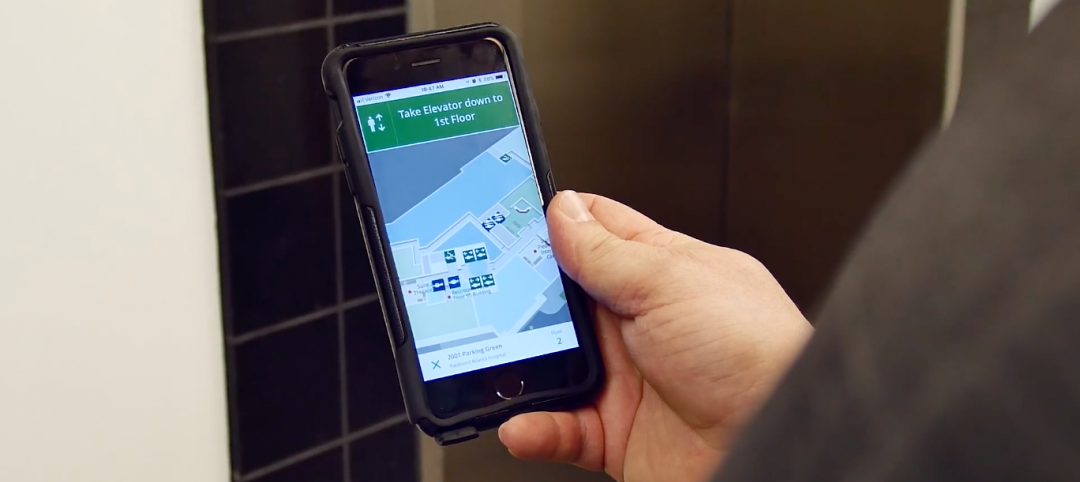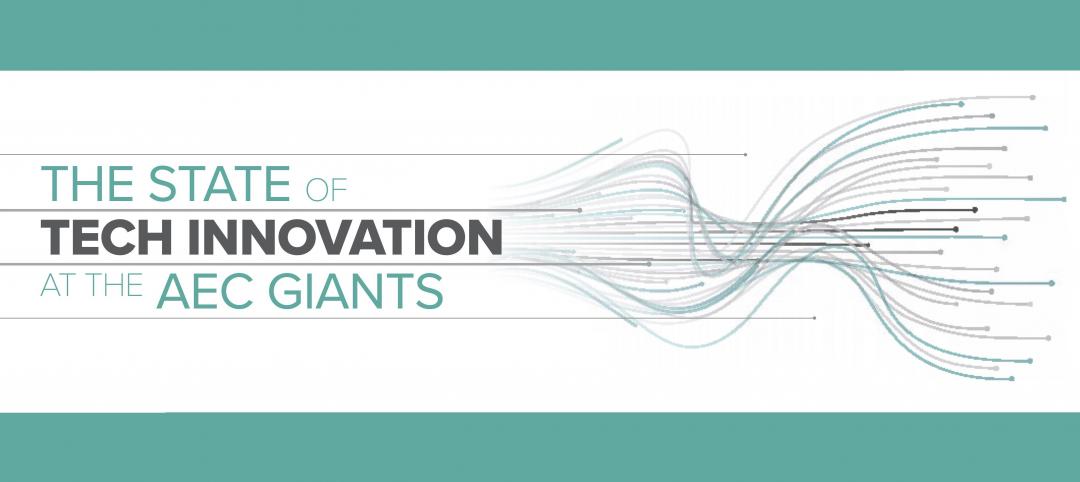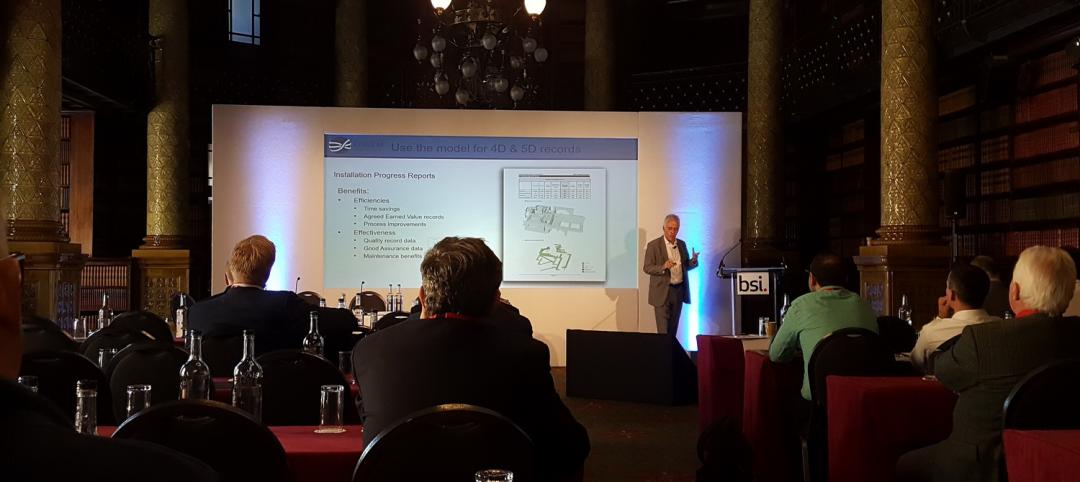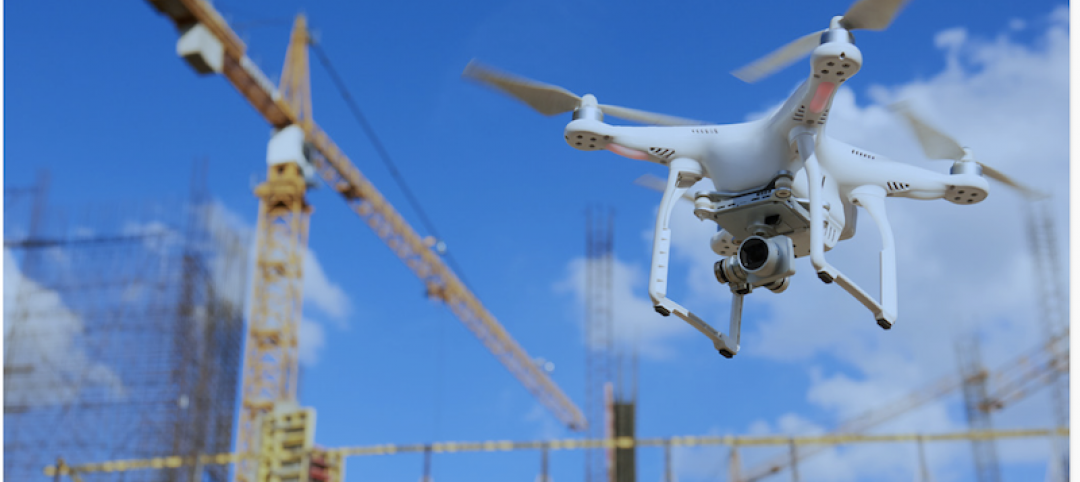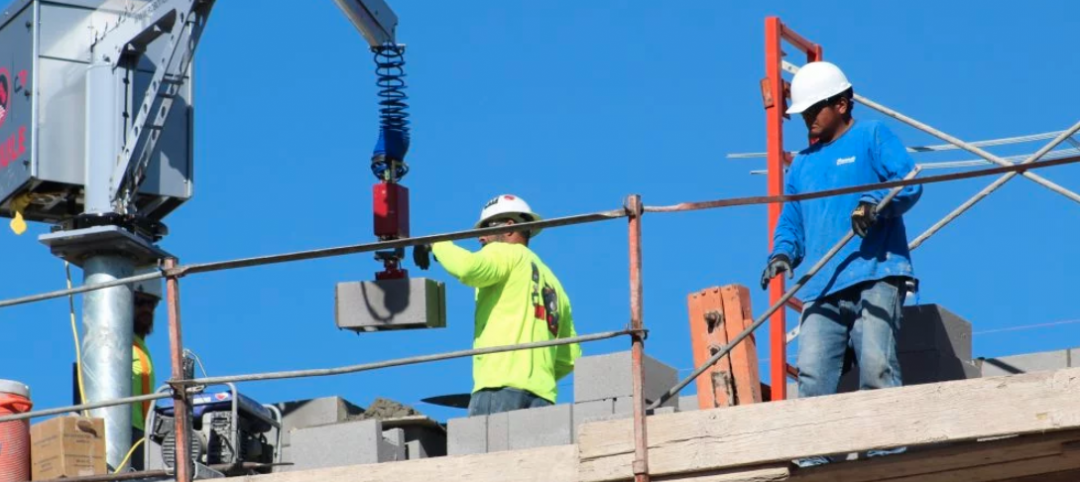The top 50 venture capital investments in Built Industry Technology totaled just under $1 billion in 2019, about one-tenth of the top 50 deals the previous year.
That’s according to Builtworlds’ latest ranking of seed and early-stage investments in ConTech and real estate enterprises. While there were no blockbuster deals like SoftBank’s $865 million investment in Katerra in 2018, investors haven’t stopped looking for that idea or product that will move the industry’s dial forward.
In 2019, the top 50 venture deals totaled $967.8 million, compared to just under $10 billion that were raised in the top 50 deals in 2018. The latest ranking includes several familiar ConTech names such as Blokable, Rhumbix, Dvele, eSUB Construction Software, ALICE Technologies, and IrisVR. (The full list of deals can be viewed at http://bit.ly/2SPiMwD.)
Ironically, in a year marked by WeWork’s failed initial public offering, investors still showed interest in workplace solutions. Two companies that specialize in offering customized flexible workspaces captured the top two deals on Builtworld’s list.
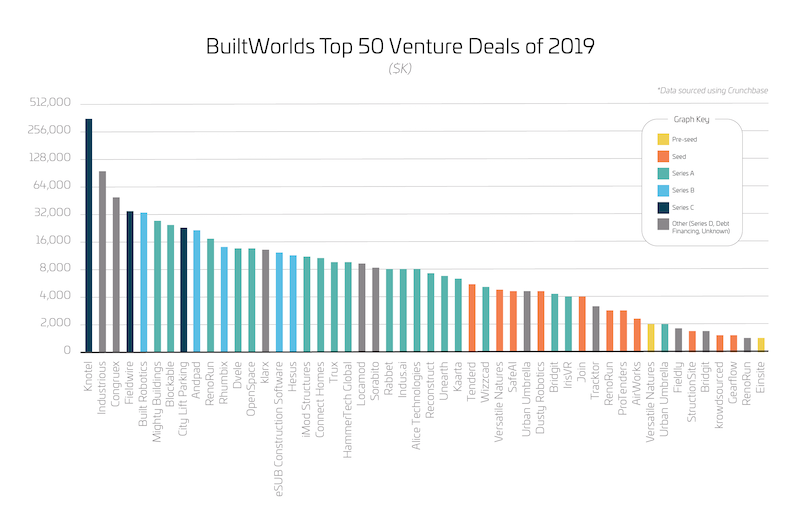 The top 50 Contech investment deals were with companies that, for the most part, are beyond the startup phase. Chart: Builtworlds
The top 50 Contech investment deals were with companies that, for the most part, are beyond the startup phase. Chart: Builtworlds
New York-based Knotel, which actively pitches itself as a steadier alternative to WeWork, last summer raised $400 million through a Series C funding round from an investment group that included Kuwait-based Wafra Inc., and Japan-based Mori Trust, Itochu Corp., and Mercuria Investments. The fundraising was in exchange for 15% to 30% of the closely held company, and increased Knotel’s valuation to at least $1.3 billion, according to Bloomberg (https://bloom.bg/39XmYjS).
Knotel recently topped 5 million sf in global workspace, according to Yahoo! Finance (https://yhoo.it/2VfkTf0). It differs from WeWork in that it doesn’t do coworking: its clients include corporations ranging from Starbucks to AT&T. It also does a mix of direct leases and revenue share deals.
Knotel was followed on Builtworlds’ ranking by Industrious, another workspace company with more than 95 locations across 45 U.S. cities offering turnkey spec suites, private offices, and community memberships that can be bought on a month-to-month basis. Last August, Industrious announced it had raised $80 million in Series D financing from investors that included Wells Fargo Strategic Capital, TF Cornerstone, Riverwood Capital, Granite Properties, Equinox Fitness, Canada Pension Plan, Fifth Wall, and Brookfield Properties Retail. In this latest round, Industrious raised over $220 million.
Industrious last year redirected its business model toward revenue-sharing deals with landlords. Its CEO Jamie Hodari told Reuters (https://reut.rs/2PekzJm) that the company expects to be profitable in 2020.
No. 3 on Builtworlds’ ranking was Congreux, founded in 2017, a national provider of design, engineering, construction management and maintenance services to broadband service providers. Last July, Congruex completed its sixth acquisition with the purchase of HHS Construction, which offers infrastructure services to telecommunications and cable providers, mostly in Southern California. Last August, Congruex disclosed that it had raised $48.9 million in private equity financing from an investor group led by Crestview Partners, which has had a strategic alliance with Congruex for the past three years.
Next on Builtworlds’ list is Fieldwire, which last September said it had raised $33.5 million in Series C financing from investors that included Menlo Park Ventures, Peak State Ventures, Formation 8, Hilti Group, and Brick & Mortar Ventures. Founded in 2013, Fieldwire claims to power over 750,000 jobsites worldwide with cloud-based jobsite management software accessible by construction teams through a app. It told Tech Crunch last September (https://tcrn.ch/2vaKb30) that it had 2,000 paying customers (including Clark Construction Group, which last year rolled out Fieldwire companywide to manage project documents), and was starting to make inroads into Europe.
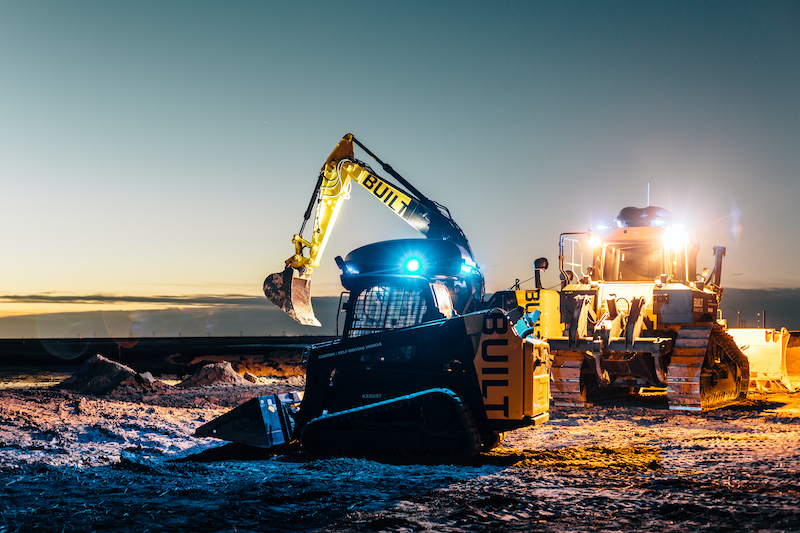 Built Robotics is ready to introduce the first fully autonomous construction equipment. Image credit: Built Robotics
Built Robotics is ready to introduce the first fully autonomous construction equipment. Image credit: Built Robotics
Rounding out Builtworlds’ top 5 venture deals is Built Robotics, which on September 16 announced it had raised $33 million in Series B funding from investors led by Next47 and including Presidio Ventures, New Enterprise Associates, Lemnos VC, Founders Fund, and Building Ventures.
Built Robotics, founded in 2016, is dedicated to construction automation. BD+C reported last year that Built Robotics had formed a partnership with Mortenson to develop a suite of autonomous equipment. Next month, Built Robotics will exhibit at the CONEXPO-CON/AGG construction trade show in Las Vegas, where the company plans to unveil what it’s calling the first commercially deployed autonomous construction equipment. Show attendees will be able to operate a Built robot located in Houston to perform such tasks as digging trenches or grading building pads. Built Robotics asserts that its AI guidance system can be installed onto existing equipment from any manufacturer.
Related Stories
AEC Tech | Mar 10, 2020
No labor. No infrastructure. No problem.
OpenSpace’s AI-based reality capture tool looks to make site documentation a completely passive experience.
Healthcare Facilities | Mar 9, 2020
Mobile wayfinding platform helps patients, visitors navigate convoluted health campuses
Gozio Health uses a robot to roam hospital campuses to capture data and create detailed maps of the building spaces and campus.
Green | Mar 9, 2020
BuroHappold commits to all new building projects achieving net-zero carbon by 2030
The engineering firm also launched a long-term partnership with ILFI.
Architects | Mar 2, 2020
Two ‘firsts’ for Sasaki and LEO A DALY
Following an industry trend, the firms hire chiefs of technology and sustainability, respectively.
AEC Tech | Feb 13, 2020
Exclusive research: Download the final report for BD+C's Giants 300 Technology and Innovation Study
This survey of 130 of the nation's largest architecture, engineering, and construction firms tracks the state of AEC technology adoption and innovation initiatives at the AEC Giants.
AEC Tech | Feb 5, 2020
BIM London: A glimpse of BIM discussions across the pond
Digital twin, ISO standards, blockchain, and data were the hot topics at the recent The Digital World: BIM event.
AEC Tech | Jan 16, 2020
EC firms with a clear ‘digital roadmap’ should excel in 2020
Deloitte, in new report, lays out a risk mitigation strategy that relies on tech.
Green | Jan 10, 2020
How the new EC3 tool raises the bar on collective action
Nearly 50 AEC industry organizations partnered to develop the groundbreaking Embodied Carbon in Construction Calculator.
AEC Tech | Jan 8, 2020
Thornton Tomasetti launches open-source embodied carbon measurement tool
Beacon is a Revit plugin that generates a comprehensive data visualization of a project’s embodied carbon.
| Dec 18, 2019
Reconsidering construction robotics
After decades when experts predicted that robots would become more prevalent on construction sites, it would appear that the industry has finally reached that point where necessity, aspiration, and investment are colliding.


